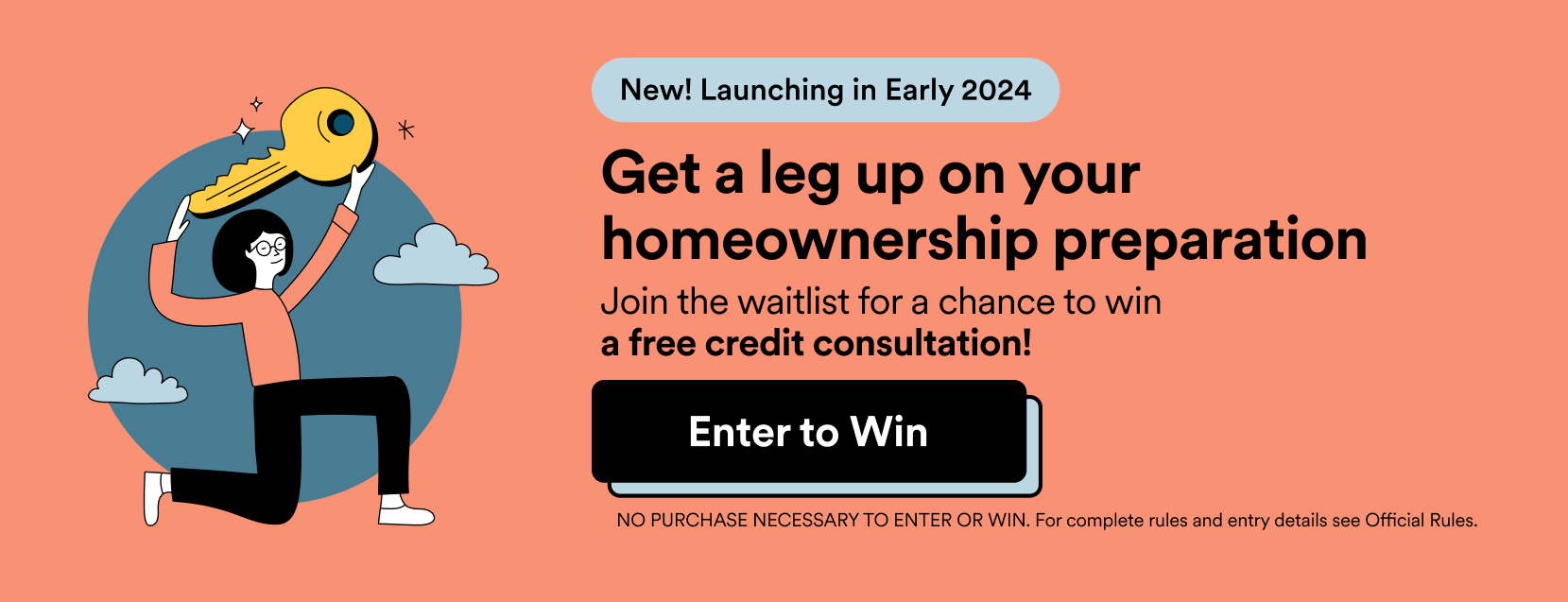
Exploring Homeownership Programs for First-Time Buyers
Purchasing your first home is a significant milestone that brings a mix of excitement, anxiety, and a whole lot of questions. Where do you start? What can you afford? How do you make sure you’re making the right choices? Thankfully, there are several homeownership programs designed to help first-time buyers navigate this journey with more confidence and support.
Understanding First-Time Buyer Programs
First-time homebuyer programs are policies, grants, or loans, sometimes a mix of all three, intended to help people who have never owned a home before or haven’t owned one in the past three years. They can make homeownership more accessible by offering benefits like down payment assistance, discounted interest rates, or educational resources to help you understand the home-buying process.
Benefits of Homeownership Programs
These programs aim to lower the barriers for those who dream of owning a home for the first time. The benefits vary depending on the program and where you live, but they often include:
– Lower Down Payments: A typical home loan might require a down payment of 20% of the home’s price. But first-time buyer programs often let you put down as little as 3-5%, or sometimes nothing at all!
– Grants and Credits: Some programs offer outright grants (which don’t have to be repaid) or tax credits to reduce the amount of money needed upfront.
– Educational Workshops: Education is power, and many programs provide workshops or counseling to arm you with the knowledge needed to buy and maintain a new home.
– Discounted Interest Rates: Borrowers may access loans with reduced interest rates compared with standard market rates, which can save you tens of thousands of dollars over the life of the mortgage.
Federal Homeownership Programs
The United States Department of Housing and Urban Development (HUD) offers several programs that cater to first-time buyers. Here’s a glimpse into some federal options:
– FHA Loans: Insured by the Federal Housing Administration, FHA loans are popular with first-time buyers due to their lower down payment requirements and less stringent credit score qualifications.
– VA Loans: If you’re a veteran or active military member, VA loans offer zero down payment options and favorable loan terms.
– USDA Loans: Aimed at rural home buyers, these loans sometimes require no down payment and offer lower insurance premiums.
State and Local Programs
Your own state or city likely has programs tailored to first-time buyers. These can be searched online or discussed with a local real estate agent or housing authority. Some examples include:
– First Home Club: This program offers matched savings for down payments and closing costs.
– Mortgage Credit Certificates: Homeowners can claim a tax credit for a portion of the mortgage interest paid each year.
Remember, each state and locality will have different programs with varying benefits, so it’s essential to research or speak to a local expert to find the best options for you.
Eligibility for Homeownership Programs
Eligibility requirements can differ based on the program, but most will look at:
– Your income relative to the local median income.
– Your credit score and credit history.
– The price of the home you want to buy, ensuring it doesn’t exceed certain limits.
– Sometimes your profession, with special programs for teachers, police officers, and other public servants.
– Completion of a homebuyer education course.
It’s critical to understand these requirements to assess which programs you might be eligible for.
Applying for Homeownership Programs
Here’s a simple roadmap:
1. Research: Start by finding out what’s available in your area. The HUD website is a good starting point, and from there, check your state and local government websites.
2. Pre-Approval: It’s wise to get pre-approved for a mortgage to understand how much you can borrow, which will help narrow down which homes and programs you’re eligible for.
3. Educational Course: Many programs require potential buyers to complete an educational course. These courses are goldmines of useful information, so take them early on.
4. Choose a Lender: Look for lenders that participate in the programs you’re interested in. They’ll be familiar with the process and can help guide you through it.
5. Application: Finally, with all your ducks in a row, it’s time to apply. Always double-check the requirements and gather all necessary documentation before submitting your application.
Additional Tips for First-Time Buyers
– Stay organized: Keep detailed records and stay on top of deadlines.
– Understand your finances: Know your budget and stick to it.
– Be patient: The process can be lengthy, but rushing might lead to costly mistakes.
– Ask for help: Don’t be afraid to reach out to a housing counselor or financial advisor if you have questions.
Conclusion
Homeownership is a significant commitment and can seem daunting at first, especially when navigating the maze of available programs for first-time buyers. But with a little research, patience, and the right guidance, these programs can provide the extra boost needed to turn the key to your first home.
So tap into these resources—you might be surprised at how much they can help. Good luck on your home-buying journey; it’s one of the most rewarding paths you can embark on.